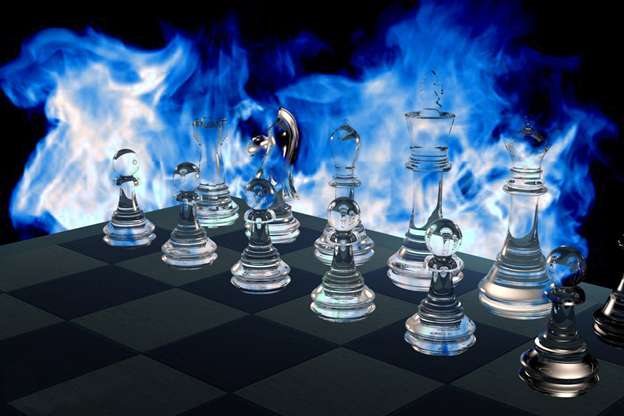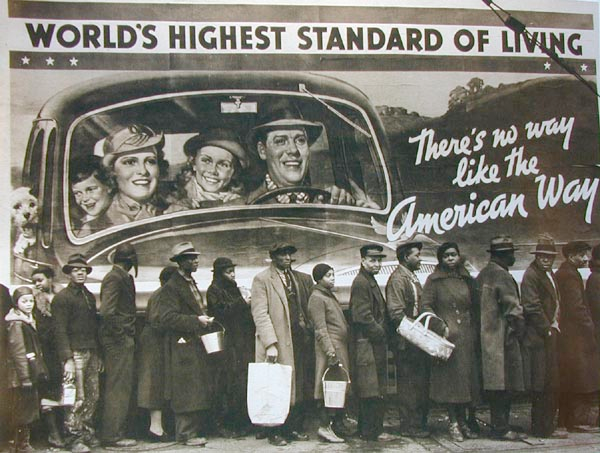The Best Way to Save Housing? Destroy Houses.
April 9, 2012 in Daily Bulletin

Justin B. Hollander argues that the government’s attempts to help the housing market by renting out the 200,000 or so homes it has come to own due to foreclosures and default is harmful. Instead the government should bulldoze them:
- Empty houses are a problem because they fall into disrepair and lower the prices of all property in the neighborhood. Moreover they attract insects and disease.
- By bulldozing them the government would reduce supply, thus increasing housing prices, giving a reason for property owners to invest in housing and fix up their properties.
- Other ways the government could reduce the supply of housing would be to turn the abandoned structures into offices, studios, or even parks and gardens.
To read some statistics related to the problem, and how we now have to deal with the opposite of ‘smart growth’ click here.
Source: Slate









Join the Discussion! (No Signup Required)